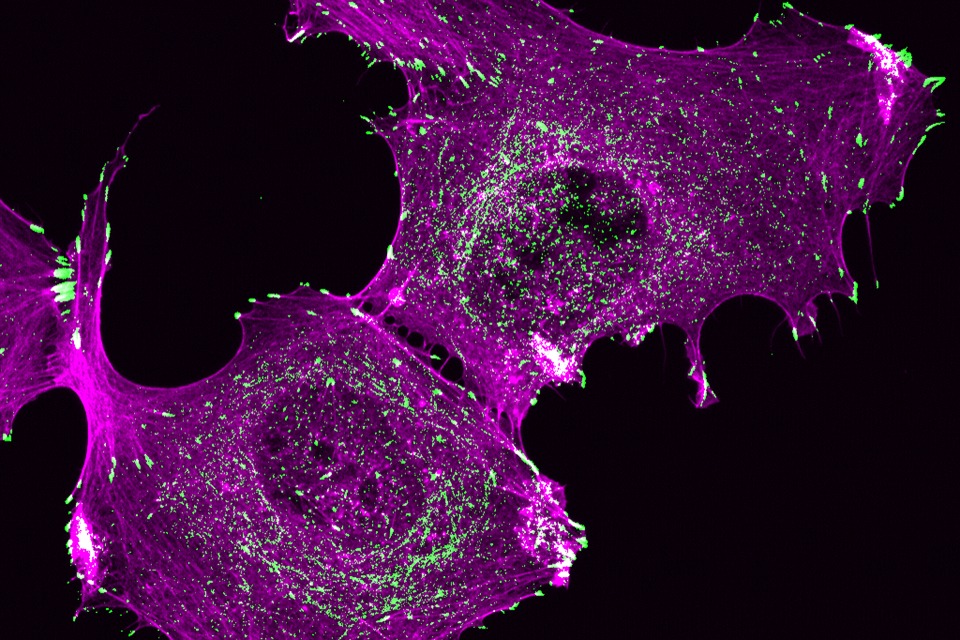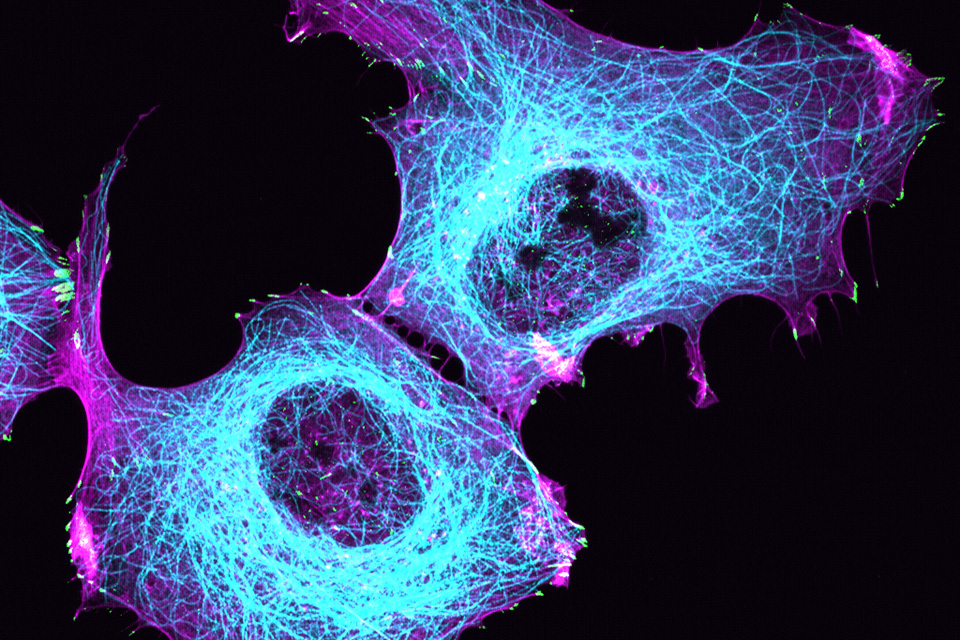Master's Program
The Molecular and Cell Biology MS degree program is a flexible program that works to advance careers in the life sciences. Program requirements can be fulfilled in one year of full-time study or students may extend into a second year to complete an optional thesis.
Program of Study
The program is designed to guide each student toward realizing her or his potential as an independent research biologist. Students are encouraged to become experts in the theory and practice of their chosen area of research, as well as to obtain breadth in other areas strongly represented in the program. All students gain experience doing independent research. Those who already have research experience are able to build on their existing skills, while those who are new to lab work will be trained and supported through our unique project lab courses. Research areas include genetics, molecular biology, developmental biology, cell biology, structural biology, immunology, and neurobiology.
The program is flexible and can be catered to support a wide range of student experiences and career trajectories. Our students have used this program to support career advancement as well as to allow for career changes. Students have come to us directly from undergraduate programs and also after years of work experience. Our graduates have found careers in biotechnology, medical research, academic research, medicine, policy, and patent law.
Additional Information
More information and descriptions of requirements can be found in the University Bulletin. Our FAQs webpage has answers to additional questions you may have about the Master of Science in Molecular & Cell Biology program.

